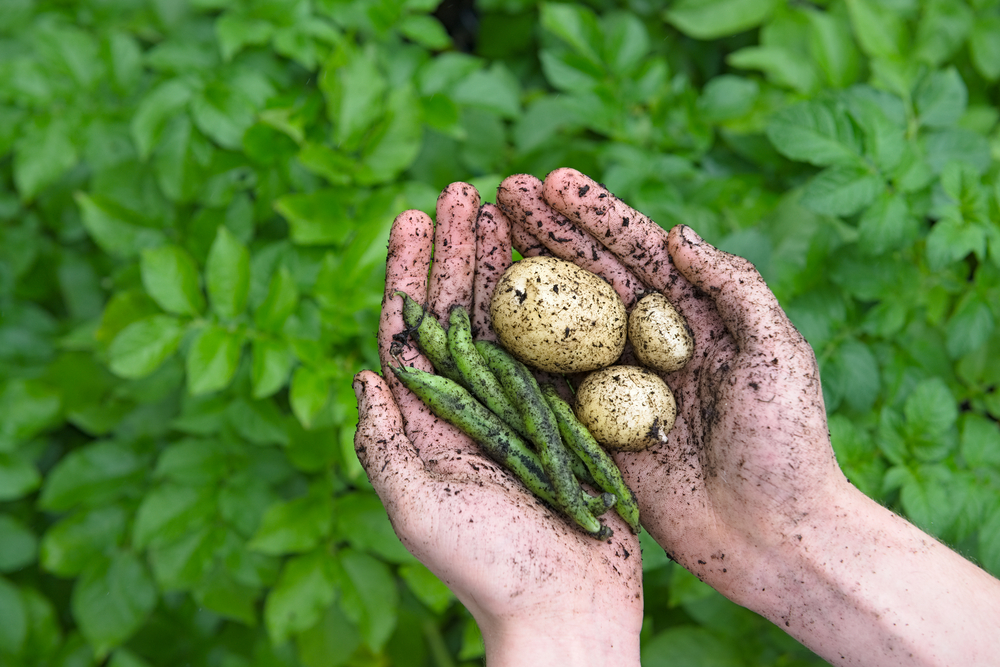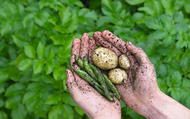Posted by Amber Williams on 8th Sep 2021
What Is Sustainable Gardening?

Garden sustainability in its rawest form is simply being mindful of what we put into the ground. Sustainability aims to scrap the use of harmful products like pesticides and chemicals, replacing them with organic counterparts.
The practice of sustainable gardening can be as simple and as small as you can manage! All moves towards sustainability can positively impact our environment. Here’s just a few easy ways to help you get started on your journey to sustainability.
Get Composting
Kitchen scraps, garden waste, leaves from the tree, you name it – it’s going in the compost! Making your own compost is an easy enough process (albeit slower than buying a bag from the shop) allowing you to rid yourself of stuff you’d normally just throw in the bin. It also helps add nutrients back into the ground, completing the circle of plant life. If you’ve ever wondered about composting, why not start today?
Be Anti-Plastic
Plastics and micro-plastics are an issue for the environment. As they don’t decompose, if they’re not reused they’ll be chucked away. These single use plastics then find their way to landfill or even the ocean, affecting wildlife.
Using biodegradable products in place of plastics can make a bigger impact when practicing sustainable gardening than you may think. For example, swapping plastic plant labels for wooden lolly sticks. These small steps come together to make a huge difference.
Use Peat Free Products
According to the RHS, peat filled compost causes severe harm to the environment. Switching to peat-free products protects your environment and is an easy switch to make.
Many people who have made the switch have noted that their soil seems to retain more water and produces more seedlings!
Go Organic
Pesticides and chemicals are harmful to wildlife, so it’s advised to avoid the use of them where possible. For example, you can use ground coffee to repel slugs from produce. The coffee then is absorbed into the soil, providing further nutrients! It’s a win-win.
Overall, any small change is a step in the right direction!

